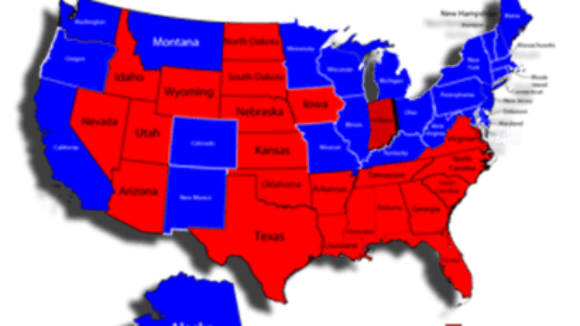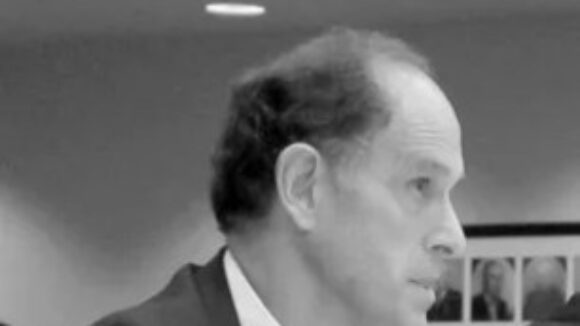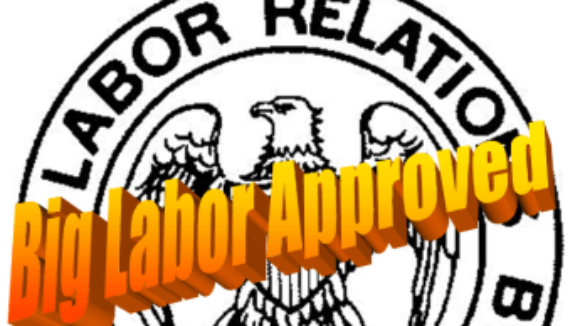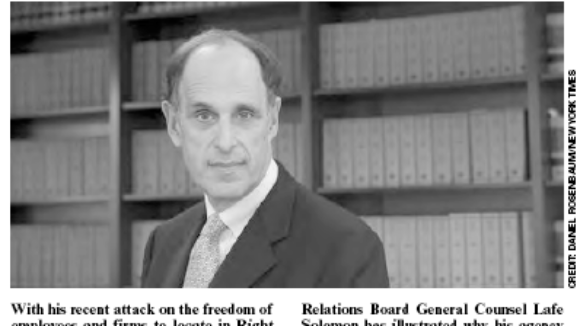ERA would require employees to reaffirm unions every 3 years
Most employees working under a union contract have never voted to be organized by a union. Sen. Hatch and Rep. Scott want to fix that wit the Employee Rights Act. From the Washington Times: In an effort to loosen labor’s grip on workers, two GOP lawmakers want legislation that would require workers to re-affirm the existence of their unions with new votes every three years. Sen. Orrin G. Hatch of Utah and Rep. Tim Scott of South Carolina are pushing the Employee Rights Act that also would place limits on strikes, how fast a union can organize and how membership fees may be used to support political candidates. The bill has yet to receive a committee hearing in either chamber. Few workers - less than 10 percent of union members - vote to organize. Instead, most workers join an existing union as a condition of employment. This bill, however, would give workers a chance to voice their opinions. Union officials would be up for re-election every three years. At that time, employees could decide whether to keep or eliminate their union. “My goal is to make sure that employees of a company make the decision on joining unions,” Mr. Scott said. “This just gives them an opportunity to say, ‘Yes, I want to be a part of the union.’"





